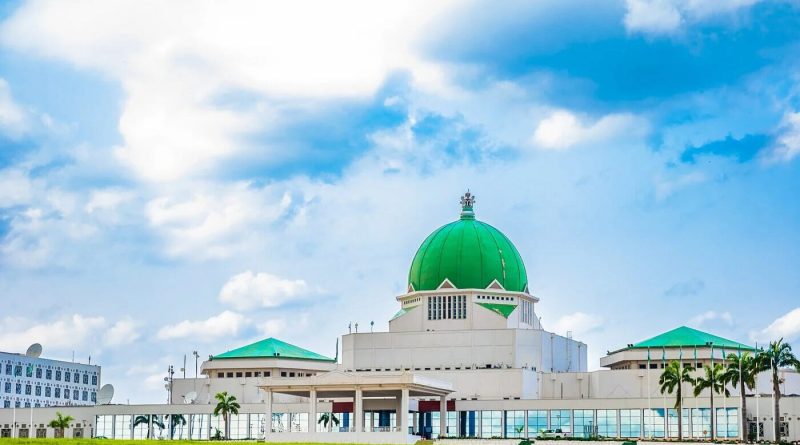Nigerian lawmakers raise alarm over terrorists’ threats to bomb National Assembly complex
The House of Representatives’ Committee on Internal Security has raised concerns over threats by terrorists to bomb the National Assembly complex.
Garba Muhammad, the chairman of the committee, revealed this during a plenary on Tuesday.
Mr Muhammad did not, however, mention when the threat was issued or the group responsible.
Suicide bombers have indiscriminately targeted public infrastructure and civilians in Abuja between 2011 and 2025.
In 2011, Boko Haram carried out a vehicle-borne IED attack on the headquarters of the United Nations in Abuja, killing at least 18.
A year after killing about 91 people in separate attacks around Nyanya, another bomb blast rocked Abuja in 2015, killing at least 18 and injuring 41.
The latest bomb incidents in Abuja were recorded in January and May this year, killing three and injuring others.
The bomb threat
“We have received threats from terrorists to bomb the National Assembly complex and threats from protesters to lock up the National Assembly,” Mr Muhammad said. “Legislators are exposed to threats from constituents and others who gain easy access to their offices without any formal appointment.”
“It is obvious that with the ongoing security challenges, if proper measures are not taken, it will truncate legislative activities,” he added.
“If activities are thwarted, there will be no representation, no oversight, no annual budget, no plenary at all — and that will destabilise the legislative process, democracy, and the stability of our nation,”
He also spoke of a bill before the House seeking to strengthen the security of the National Assembly complex.
It is titled “A Bill for an Act to provide for the Establishment and the Functions of the Legislative Security Directorate in the National Assembly; to provide for the Qualification and Condition of Service of the Sergeant-at-Arms and other Personnel of the Directorate.”
He said the bill will strengthen parliamentary security management and safeguard legislative operations.
He lamented worsening insecurity within the complex, citing vehicle and motorcycle thefts, fake identity cards, vandalism and unauthorised access by visitors and traders.
Emphasising that parliament must remain open to the public, Mr Muhammad argued that safety must not be compromised.
If not addressed, he said, these lapses could disrupt legislative activities, threatening Nigeria’s democracy.
“If proper measures are not taken, there will be no plenary, no budget, no oversight,” he said, adding this “will destabilise governance and the nation at large.”
Mr Muhammad’s submission was backed by representatives of several state assemblies from Nasarawa, Kano and Plateau, as well as the Parliamentary Staff Association of Nigeria (PASAN), who described it as a timely intervention for institutional security.
However, the police and the Nigeria Security and Civil Defence Corps (NSCDC) expressed concern over the plan to create a separate security force for the complex. They warned that such development could lead to overlapping functions.

